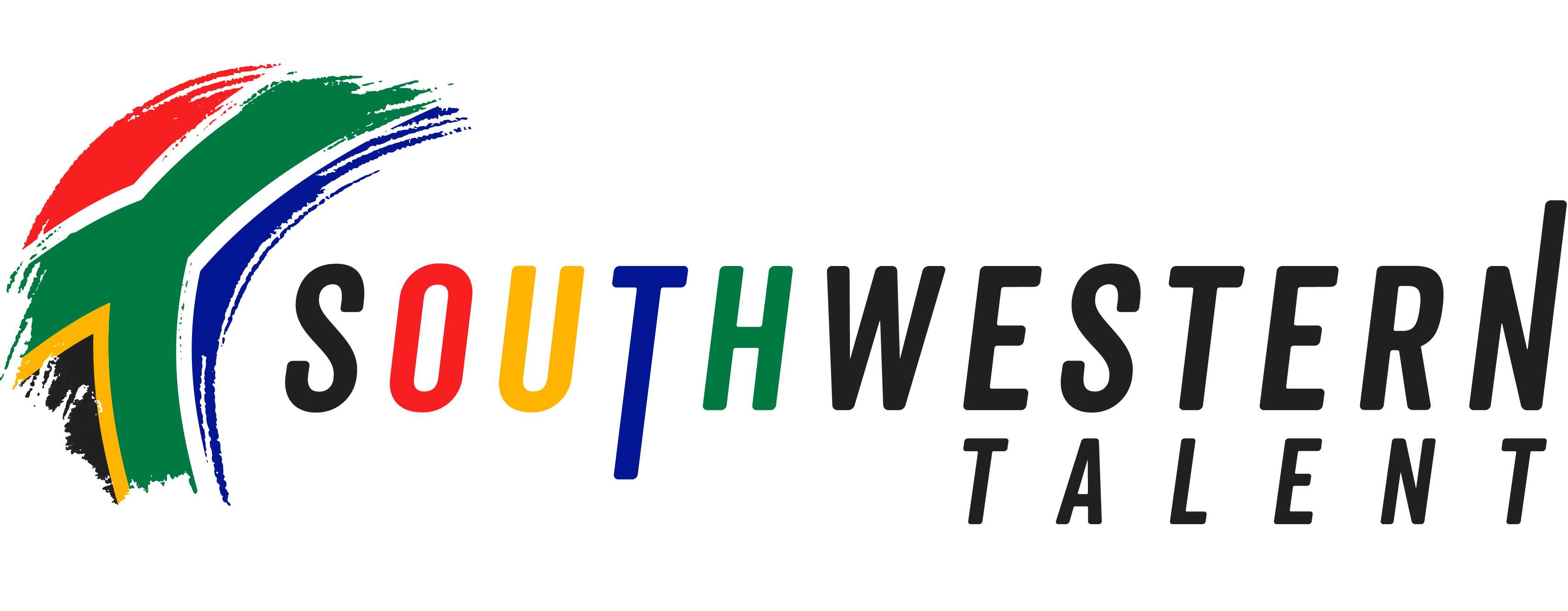How AI is Revolutionizing The Accounting Profession

At Southwestern Talent, we’ve traveled all around the globe speaking to businesses about their accounting, auditing and tax needs, as well as payroll and compliance. The accounting industry is on the verge of some big shifts, and it’s exciting to witness.
It’s no hyperbole to say that Artificial Intelligence (AI) is swiftly transforming accounting – from tax preparation and audit to client service and back-office operations. In a profession long defined by manual processes and data entry, AI has been introducing scale, speed and precision with, well…warp speed.
As CAS firms juggle client expectations, talent shortages and competitive pressure, AI is becoming more than just an efficiency booster. It’s turning into a strategic imperative. Embracing AI allows CPAs to shift from transactional work to advisory roles, all while becoming more efficient than ever. Firms who embrace this new wave and roll out the welcome mat will find themselves outpacing those who don’t…and we’re here for it.
Main AI Shifts Happening Now
So, what is happening now and in what areas? Let’s take a closer look!
AI for Workflows
First, workflow automation – the time saved here cannot be understated, enabling human teams to focus on analysis and more complex work. As one example of just how impactful AI can be in routine workflows, according to a recent study by Subledger, businesses implementing AI accounting tools reported a 60-80% reduction in manual tasks, with reconciliation, transaction categories and report generation benefitting the most. Even more notable, HighRadius, an industry leader in agent reconciliation platforms, found that their systems enable 85% faster reconciliation and a whopping 95% reduction in errors, allowing firms to close closer to real-time and away from historically chaotic month-end processes.
Other sample tools include Vic.ai automates accounts payables workflows – capturing invoices, making purchase orders, approval processing, etc., with the ability to process up to 85% of invoices without human input and saving up to six hours of time per week, per analyst. Or Vena, which enables reconciliation workflows within its Excel-style interface by auto-matching general ledger entries, flagging exceptions and enabling audit tracking across bank and AR reconciliations.
These sample tools and statistics highlight a clear trend: AI is reshaping the profession by allowing accounting teams to reclaim their time and work more efficiently, as well as lowering overhead costs related to manual processing. Human verification is still important, but tools now flag items below their confidence thresholds, letting accountants act as “reviewers,” not “doers.”
AI-Assisted Tax Preparation
This was the second hurdle to clear, and AI has handled it brilliantly for the most part. A recent CPA.com report notes rapid growth in AI-assisted tax prep tools, with some firms reporting more than 80% automation of individual return preparation. According to an industry webinar, firms using AI solutions are now able to cut tax preparation times by up to 50%, all while maintaining quality and compliance standards. Another emerging study suggests that AI automation in tax prep saves approximately 2,000 staff hours annually for every 100 clients, equaling an impressive $300,000 in annual cost savings for a mid-sized firm (assuming a $150/hr. billing rate). For CPAs, it’s an exciting time to be alive.
Generative AI for Decision-Making
In addition, the use of large language model (LLM) AI tools is reducing CPA document analysis time by 50% or more. Any CPA who has spent long hours trying to slog through thousands of pages of documents to distill key insights will immediately see the value here! AI’s strength lies not just in summarization, but in contextualization, pulling together independent sources of tax code, case law and regulatory updates into a cohesive information professionals can act on.
One of the “Big Four,” Deloitte promotes the idea of “collaborative intelligence” between AI and human experts, positioning AI as a tool that enhances how tax professionals work, rather than replacing them. Deloitte emphasizes that GenAI can “enhance compliance management, deliver insights and reshape strategic workflows,” supporting professionals’ ability to drive value while improving accuracy and quality.
Another significant application is decision support, where generative AI goes beyond retrieval and summarization to offer “scenario modeling and impact assessment.” For example, PwC’s proprietary “ChatPwC” AI assistant, deployed on a secure Microsoft Azure, has reportedly enabled users to complete tasks up to 8x faster, significantly boosting productivity.
Agent AI for “Autonomous” Task Execution
Along the lines of workflow automation, “agentic” AI platforms are turbocharging traditional office workflows by independently or “autonomously” executing accounting tasks such as reconciling books, generating client reports or drafting communications, all while keeping humans in the loop for review.
The shift towards agent-AI execution is increasing across Big Four and mid-market firms alike. For example, Business Insider reports that Deloitte has rolled out “Zora AI,” an agentic platform capable of autonomously handling tasks like expense and invoice management, boosting productivity by 40% and reducing costs by 25%. Similarly, Ernst & Young’s own agentic platform supports their tax division with 150 agents assisting in data collection.
Client Experience AI
Finally, AI-powered platforms are redefining the client experience by providing highly personalized reporting and dynamic dashboards customized to each client’s unique needs. Unlike previous static monthly reports, these AI-driven dashboards offer real-time KPI tracking, automated alerts for anomalies and predictive recommendations. These tools integrate data from multiple sources – CRMs, ERPs and accounting systems – and use language generation to provide easy-to-read narrative summaries at-a-glance. The possibilities here are endless.
AI: The Next Frontier
In short, AI stands at the front of a new accounting evolution. The benefits are clear: massive time savings, error reduction, operational agility and enhanced client features. Yet with evolving AI regulations, from the European Union’s AI Act to U.S. counterparts, accounting firms must ensure that governance, compliance and risk safeguards are built into AI systems, as well as compliance with cybersecurity policies protecting data privacy and security.
Nonetheless, at Southwestern Talent, we believe firms that embrace AI strategically and intentionally will soon lead the industry. Coupled with global workforce planning, the blend of AI and offshore talent solutions will soon overtake the productivity and output of traditional CAS in-house teams.
If you’re interested in taking your accounting team to the next level, contact us today for a free consultation. We’ll listen to your needs and can advise on how our talent can help make your organization as future-ready as possible!
